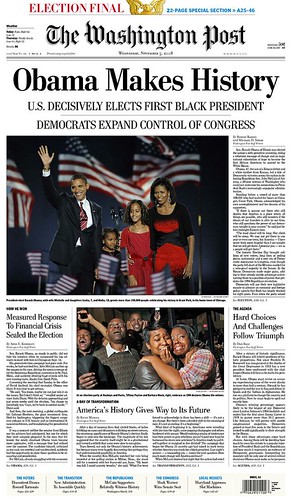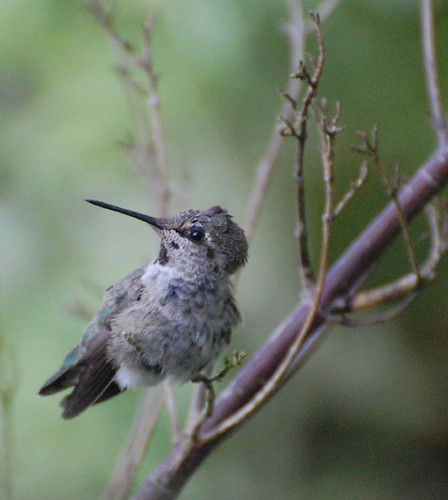Have
you seen “American Sniper” yet? Have you
read the book? I have done neither…the
title/subject matter itself is not simply uninteresting to me, it’s downright
repugnant. But even in my relatively
small online world, I have been able to pick up on the tug-of-war of opposing
opinions surrounding the movie’s popularity.
And so of course I feel the need to weigh in.
I
grew up in the sixties. I am the proud
product of a pop culture that was steadfastly anti-war. We were anti-war because we, or our siblings,
neighbors or classmates were conscripted into the military without much choice
in the matter, and then sent to die by the hundreds in the stinking jungles of
a tiny country thousands of miles away.
Or to return from those jungles irrevocably damaged—physically,
emotionally, or both. What was not to
hate about that? How do you not raise a
keening wail of sadness and outrage about it?
How do you not grow up with a solid distrust for the military, international
relations, and the economic and political forces that would send a generation
of young men into hell for no credible
reason?
Those
were powerful lessons we learned as youngsters.
And many of us—I, at least—believed that these lessons had been learned
for good and all. We believed that the
ignominious stalemate in Indochina bought with the lives of so many of our beloved
would influence the actions of our nation for generations to come, if not
forever.
Forever? Not so much.
Generations? Well, maybe….not so
much.
Forty
years after the “end” of the Vietnam War, we’re still at it. In Afghanistan. In Iraq.
And creeping toward Iran, North Korea, and any other country our
beer-swilling, gun-toting armchair warriors decide harbors “savages who hate
Americans.” These diligent patriots are egged on by media which are controlled
by forces with enough money to make anything they want happen, anywhere they
want, for their personal economic/political gain.
So
now, in a world some of us so desperately, naively hoped was headed for peace,
understanding and universal good will, we have “American Sniper.”
Here
is what I know about Chris Kyle: Kyle
served in the military from 1999 to 2009.
He was handy with a long-range weapon.
So handy that he became the “go-to” sniper for the US in Iraq, charged with
protecting the invading American forces in that region from the ambush tactics of the
indigenous population. According to
Wikipedia, he killed between 160 and 250 men and women during his service in the war, for which he was copiously decorated by the military. He left the Navy in 2009, and proceeded to
produce a book about his exploits in Iraq—American
Sniper. In 2012, he was shot
and killed by another Iraq war veteran at a recreational (!) shooting range
somewhere in Texas. (One report states
that Kyle and another friend were attempting to help the killer work through
his Post Traumatic Stress Disorder. At a
shooting range.)
Of
course, somebody (Clint Eastwood.
Surprise.) had to make his book
into a movie. Which has boosted Kyle’s
standing to American Hero. And Martyr.
On
social media over the past couple of weeks, my more conservative friends have
posted raves of the movie and the book, praises for Kyle as a bona fide hero, and
suggestions that anyone who does not agree is not a “real” American. I’ve avoided confrontations with these
folks. They’re entitled to their
opinion. I guess.
And
for awhile, I was unable to articulate WHY the near-deification of such a man
made me so damn uncomfortable. Not
without sounding like a self-righteous old fart, anyway. But as happens to me so often of late, I was
able to sort out my feelings in a comment thread on an internet article. This particular article was a story about the
word “murder” being scrawled across the bottom of an LA billboard touting the “American
Sniper” movie.
The
question was, Hero or Villain? Rather
than re-create some decent off-the-cuff thinking, I’ll just print my part of
the comment thread verbatim:
Me: I don't think he's a villain. He may be a sort of hero, since he was decorated for his actions in uniform. There are probably young men alive today that would not be alive if Chris Kyle did not exist. But I think what I object to is that he sensationalized his service in his book. I don't know too many men who face the horrors of war then come home and basically brag about their service. Most men who have actually had to kill other human beings do not feel good about it. If they do, honestly, there is something wrong with them.Reply #1: more would be alive if they hadn't have signed up to fight and die for nothingReply #2: It's funny: a guy comes home and is okay with what he did, and there's something wrong with him. A guy comes home and had night terrors about what he did, there's something wrong with him. I hope there is some happy medium but you're not leaving much room for it.Me: I would feel much more comfortable being around someone who suffered night terrors for what he was called upon to do in combat than around someone who "was okay with what he did." If you can be okay with taking human life, it's probably because you are successful at dehumanizing the ones you kill. Kyle calls them "savages" in his book. Says he "wish(es) (he) would have killed more because the world is a better place without savages out there taking American lives." This pretty neatly puts an entire group of people into the category of sub-human. And begs the question, "Who did the territory belong to? Americans? Or the "savages" out to kill the invaders? And what would you have called yourself if the shoe was on the other foot?" What if a foreign army came to YOUR country to "spread freedom?" If you ran at them with a grenade in your hand, would you be a savage, or a hero? As I said, Kyle no doubt saved American lives while he was in Iraq. But that doesn't mean the Americans BELONGED in Iraq in the first place...
So
yeah. He did what he was paid to
do. He did it with great skill. But when your “job” is to assassinate other
human beings, you don’t come home and exploit it for personal gain. If you have an ounce of humanity in your
body, you make peace with what you did as a matter of performing the duty
entrusted to you while you were in uniform in a combat zone. And you leave it on the battlefield and walk
away.
Kyle
did not do this. He was a sociopath; a violent
man who was singularly unashamed—even proud—of his record of homicidal
violence.
And
he came to a violent end. Was it
justice? Karma? I’m not qualified to make that call.
But
I truly do not think he is deserving of the kind of sycophantic
idolization being heaped upon his memory by some. He was a killer. Paid to kill.
We don’t need that kind of “hero” in the world today.





















